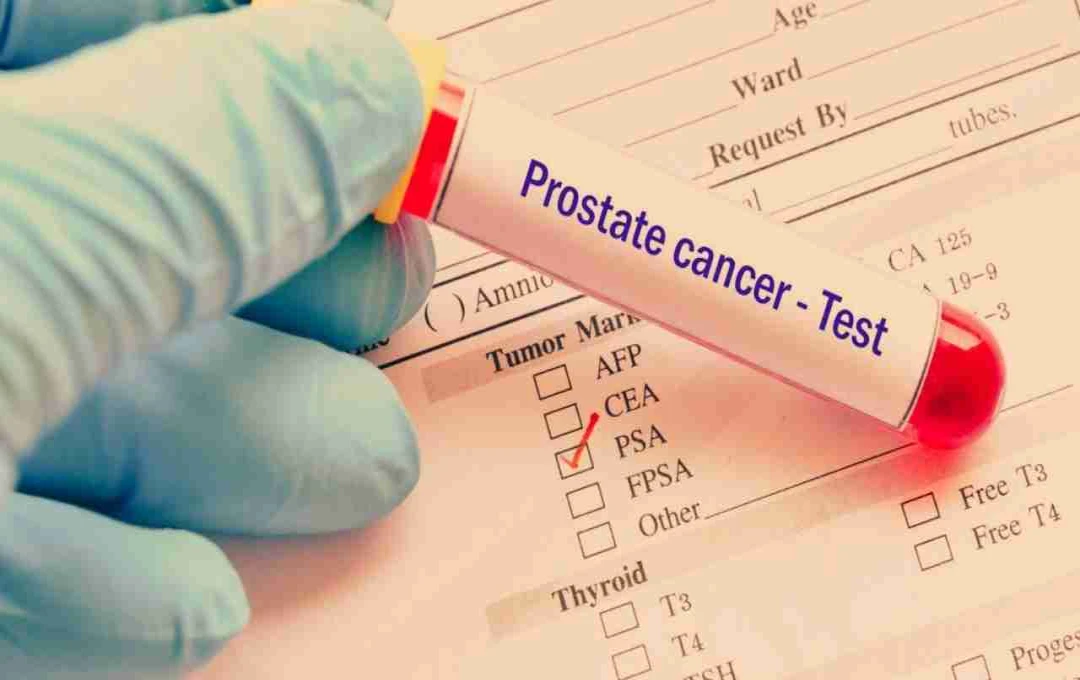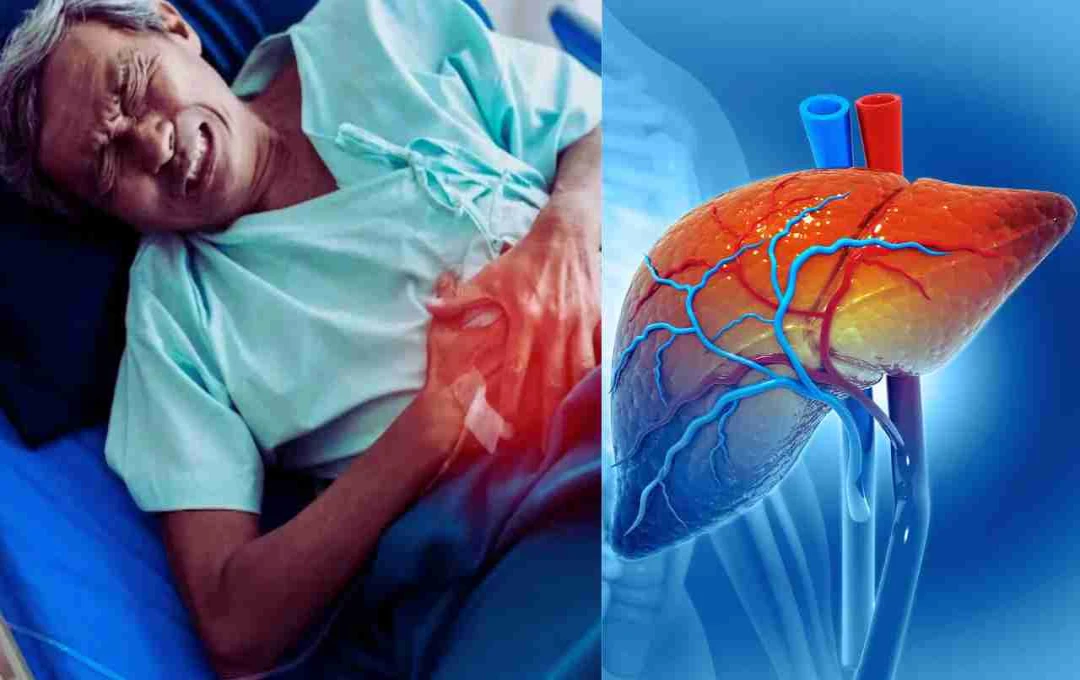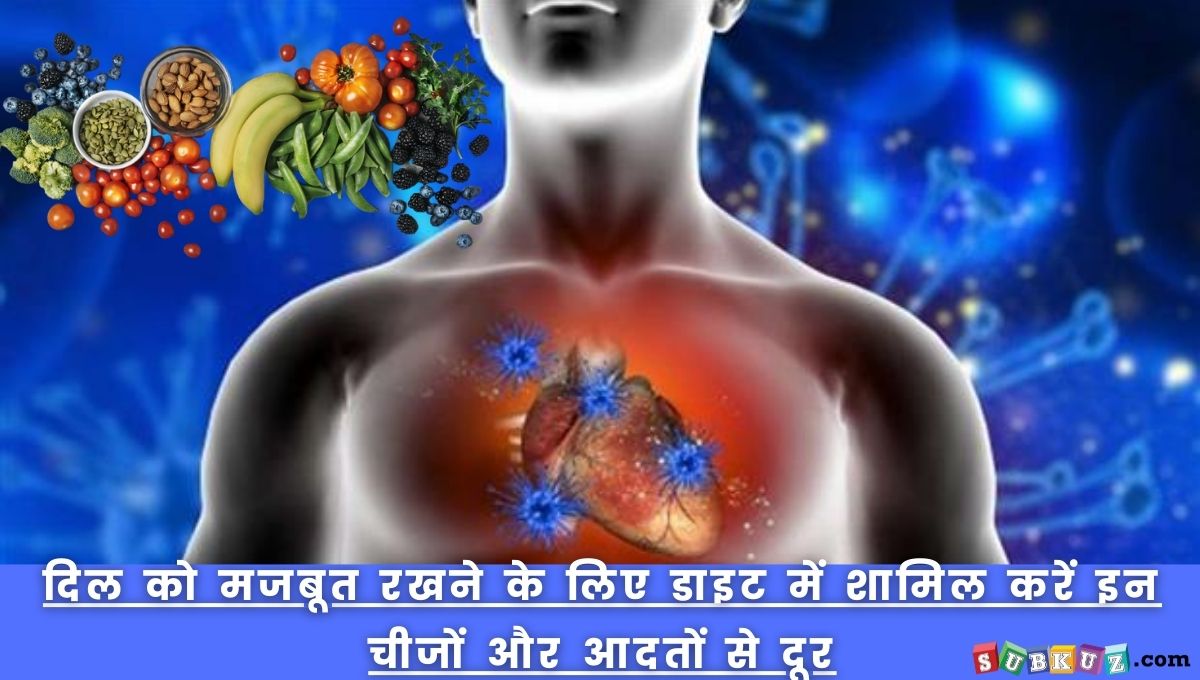Heart attacks have become a common yet dangerous ailment in today's world. People often perceive them as sudden events, but the truth is that a heart attack never occurs abruptly. It sends several warning signals months in advance, and recognizing these is crucial. Timely identification and addressing these signs can save lives, both yours and your family's. This article will discuss five major symptoms of a heart attack and explain how to identify and prevent them.
Why do heart attacks occur?
The primary cause of a heart attack is blockage in the blood vessels supplying blood to the heart. An unhealthy lifestyle, consumption of excessive oily and junk food, obesity, lack of physical activity, smoking, and stress are all contributing factors. When cholesterol or fat accumulates in the coronary artery, blood flow is obstructed. This results in insufficient oxygen supply to the heart muscles, increasing the risk of a heart attack.
Dizziness and Blurred Vision

If you experience recurrent dizziness upon standing or bending, lightheadedness, or blurred vision, do not ignore it. This could indicate that your heart isn't functioning properly and isn't delivering sufficient blood and oxygen to vital organs. These symptoms are particularly noticeable when the brain doesn't receive enough oxygen. It suggests a decline in the heart's pumping capacity. If these symptoms persist, consult a cardiologist immediately for timely diagnosis and treatment to prevent serious complications.
Swollen Legs
Leg swelling is caused by fluid retention in the body, which can signal the onset of heart failure. When the heart cannot pump blood effectively, the body's fluid is not eliminated and accumulates in the legs or ankles due to gravity. While this sign is often overlooked, it requires serious attention.
Persistent Fatigue

If you experience constant fatigue even after resting all day or without undertaking strenuous activity, do not dismiss it lightly. It could indicate heart weakness. When the heart doesn't pump blood efficiently, oxygen supply to organs, especially muscles, is compromised. This leads to feelings of weakness and fatigue. This isn't ordinary tiredness; it's a consequence of reduced heart function. If this symptom persists, timely medical consultation and treatment are crucial.
Shortness of Breath and Anxiety
If you experience sudden shortness of breath and anxiety during everyday activities like walking, climbing stairs, or bending, it could signal a serious heart problem. Medically, this is termed 'exertional dyspnea'. When the heart fails to pump blood adequately, blood pools in the lungs, reducing the body's oxygen supply. This causes difficulty in breathing and discomfort. If this occurs repeatedly, do not disregard it as normal fatigue; seek immediate medical attention.
Chest Tightness or Heaviness

If you repeatedly experience chest heaviness or tightness, do not ignore it. It could indicate a heart condition called 'angina'. When the heart muscles don't receive sufficient blood, a feeling of pain or pressure in the chest arises. This discomfort isn't limited to the chest; it can radiate to the neck, jaw, or arms. This symptom often precedes a heart attack, and timely recognition and medical consultation are vital; otherwise, it can be life-threatening.
Heart Attack Prevention Measures
Adopt a Healthy Diet: Reduce consumption of fast food, junk food, and items high in oil and refined flour. These foods contain trans fats and LDL cholesterol, which can clog arteries. Instead, consume fruits, vegetables, oatmeal, nuts, and foods rich in omega-3 fatty acids.

Regular Exercise: Engage in at least 30 minutes of light exercise daily, such as brisk walking, yoga, or cycling. This keeps the heart healthy and improves blood circulation.
Manage Stress: Stress is a major contributor to heart attacks. Practice meditation, deep breathing techniques, and seek professional help if needed.
Regular Health Checkups: Get regular checkups for blood pressure, cholesterol, and blood sugar. Controlling these factors helps prevent heart attacks.
Avoid Smoking and Alcohol: Smoking and alcohol increase the risk of heart disease. Complete cessation or limiting their consumption is crucial for heart health.
Is Your Diet Heart-Healthy?
Our diet directly impacts heart health. Today, cheese, burgers, refined flour, and fried snacks are commonplace. However, these are high in trans fats and bad cholesterol (LDL), which clog arteries, significantly increasing the risk of a heart attack.
Therefore, it's best to avoid these items and incorporate whole grains, fruits, green vegetables, and omega-3-rich foods (like flaxseeds, walnuts, fish) into your diet.
A heart attack isn't a sudden accident; it sends warning signals months beforehand. If you experience any of the five symptoms mentioned above, contact a doctor immediately. Timely treatment and lifestyle changes can help prevent this life-threatening disease.














